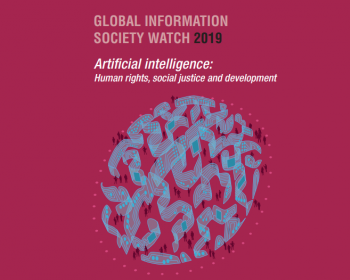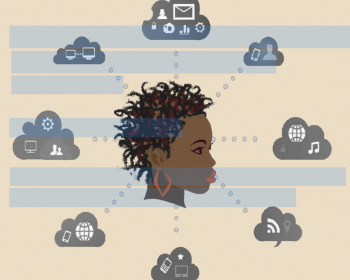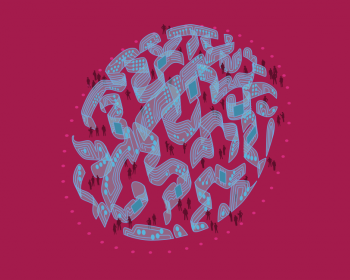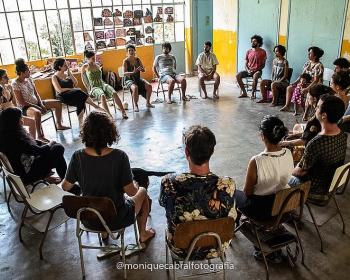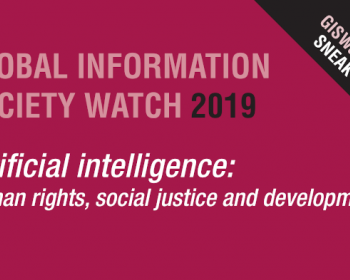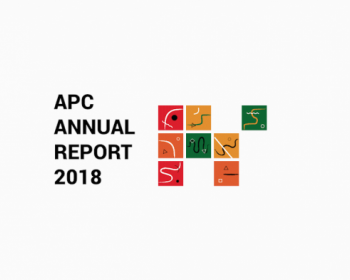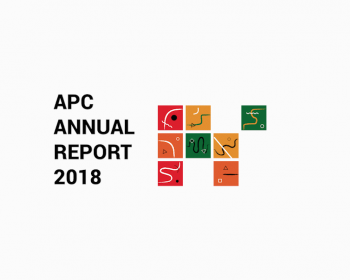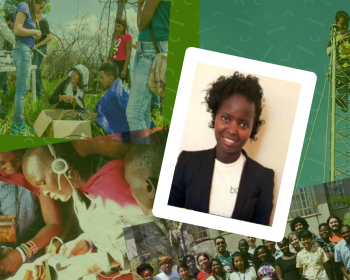Swedish International Development Cooperation Agency (Sida)
Sida is a government agency working on behalf of the Swedish parliament and government, with the mission to reduce poverty in the world. Through their work and in cooperation with others, they contribute to implementing Sweden’s Policy for Global Development (PGU). They carry out enhanced development cooperation with a total of 35 countries in Africa, Asia, Europe and Latin America. The selection of cooperation countries are based on political decisions made by the Swedish government.
Work supported:
-
Core funding for APC Strategic Plan (2020-2023)
-
Core funding for APC Strategic Plan (2016-2019)
-
Core funding for APC Strategic Plan (2013-2016)
-
Global Information Society Watch (2008-2011)
-
Internet Rights Are Human Rights (2010-2012)
-
Placement of trainee staff through Bilateral Associate Expert Training Programme (2010-2011)
-
Study of Effects and Possibilities of ICT for Enhancement of Democracy with a Focus on Empowerment in East Africa (2008-2009)
Catalytic intervention grants aim to support a more sustainable community network environment. Eleven community network projects from different regions were selected, and we want you to meet them and the organisations and representatives behind them.
While pointing to the positive use of AI to enable rights in ways that were not easily possible before, this edition of GISWatch highlights the real threats that we need to pay attention to if we are going to build an AI-embedded future that enables human dignity.
This edition of the GenderIT.org newsletter takes a closer look at the realities of the women who are working for and with their communities through enabling, weaving, sustaining installing, running and advocating for community networks.
This report presents the findings from an evidence-based study that examines the gendered aspects to women’s internet access on mobile broadband connections in Uganda.
The 2019 edition of Global Information Society Watch (GISWatch) will be launching at the IGF in Berlin on 28 November! The theme this year is quite timely, as the new edition explores “Artificial intelligence: Human rights, social justice and development”.
Welcome to the 23rd monthly round-up of developments impacting your local access networks.
The 2019 edition of Global Information Society Watch (GISWatch) will be officially launching next month, and this is your chance to have a first look at full-length content through this special GISWatch 2019 Sneak Peek!
APC's 2018 Annual Report offers an engaging dive into one year in the network's life. All the 67 stories are clustered under the six priority areas that have informed APC's work from 2016 until 2019: Access, rights, a feminist internet, governance, use and development and APC community.
APC's 2018 Annual Report is a deep dive into one year of our network's life. It is a compendium of stories about how APC collectively strives for change, from a year when so many deeply rooted initiatives blossomed.
This is the third in a series of interviews we will be publishing until the end of the year that highlight the journey, struggles and achievements of women doing work in community networks. We will document their experiences with the intention to inspire more women to get involved in this field.

Association for Progressive Communications (APC) 2022
Unless otherwise stated, content on the APC website is licensed under Creative Commons Attribution 4.0 International (CC BY 4.0)



